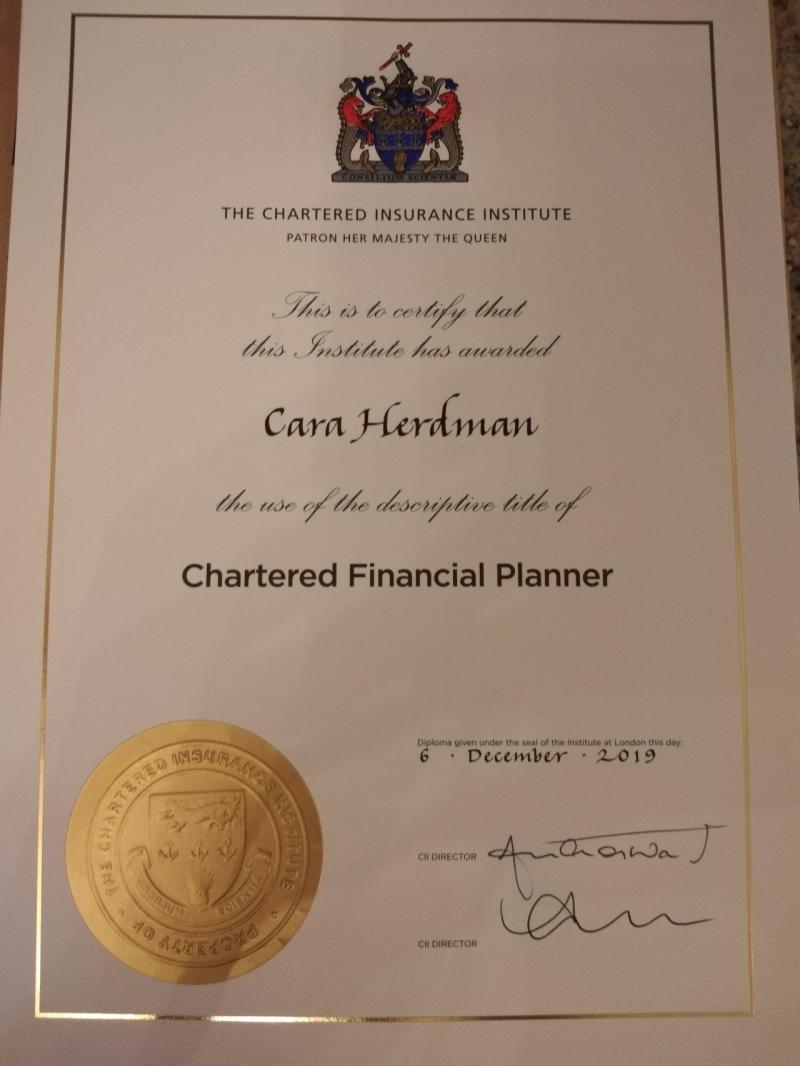
Strong math and data analysis skills are essential if you wish to work in financial services. You must also be creative, and great at communicating. You must also be able and willing to negotiate with people. You will also need people skills in the financial industry. Financial careers require you to be able solve problems and collaborate with others.
Lenders of mortgage loans
Mortgage loan officers play an important role in the mortgage industry. They serve as the first point of contact for entrepreneurs and homebuyers, helping them to navigate the process and obtain the loan that best suits their needs. They are knowledgeable about the products and requirements for each loan product. They can then work with applicants to increase their chances of approval.
A mortgage loan officer has many different responsibilities, including analyzing applications and recommending loan approval. This includes helping clients to find the best type of loan for them, as well as researching their credit scores and making sure that their application is in compliance with regulations. Mortgage loan officers should be well-versed in the laws and regulations that apply to their products.

Actuaries
A career as an actuary could be for you if your goal is to work in the financial sector. A bachelor's degree in math or economics is a good choice to help you succeed. Students pursuing an actuarial degree should take courses in statistics, probability, and computer science. While some topics are relevant to actuaries, others are more relevant for other fields.
Many actuaries are specialists in specific areas. An internship can help you discover which area is most appealing to you. Actuaries can work at banks, hospitals or consulting firms. Initially, you will work as a trainee. Your tasks will get more complicated as you gain experience. To further improve your skills, you can take additional certification exams.
Credit analysts
Credit analysts assess the creditworthiness of a business. They examine the financial records and data of clients in order to assess the risk involved with extending credit. This requires the analysis of both quantitative and qualitative data. Credit analysts prepare detailed reports to help companies assess the risk of lending money to a company.
Credit analysts collect and analyze credit data and financial details to determine the risk associated with a loan and to recommend repayment terms for lenders. They also assess the creditworthiness, both of their business partners and customers. They may also recommend investment and loans to others in the business.

Asset and wealth managers
Client assets are managed by asset and wealth managers. They aid their clients to make sound investments by keeping track their assets and co-ordinating inputs from other financial experts. They can be paid per asset or on a retainer basis. These professionals work with individuals and companies and must always keep the best interests of their clients in mind.
Asset and wealth management work with institutional and private clients to invest in and manage their assets. They advise clients on portfolio strategy formulation and asset allocation. Their job involves balancing client needs with their own.
FAQ
What can I expect from my consultant?
When you choose your consultant, they should respond within a few working days. They will typically ask for information about the company, such as its mission, goals. products and services. budget. After receiving this information, they will prepare a proposal outlining their scope of work, estimated timeline, fees, deliverables and milestones.
If everything looks good, then the two parties will negotiate a written contract. The type relationship between the two sides (e.g. employee-employer or independent contractor-employer) will dictate the terms of the contract.
If everything goes as planned, the consultant may begin to work immediately. The consultant will have full access to your files and resources. You'll also have access to their skills and knowledge.
But don't assume that anyone who is a consultant has all the answers. To become an expert in any field you consult, it takes practice and effort. Don't expect your consultant know everything about your company.
What qualifications are required to become a consultant?
You don't just need to have a MBA, you also need to demonstrate your ability as a business consultant. A minimum of two years' experience in consulting, training and/or advising a major company is necessary.
You should have had experience working with senior management to create strategy. This requires you to feel confident presenting ideas to clients, and getting buy-in.
A professional qualification exam, such as the Certified Management Consultant (CMC), of the Chartered Management Institute (CMI), is also required.
How do I become a successful consultant?
It is important to identify an area of passion. Next, you need to establish relationships. Knowing what your clients want and how they work is key. The final step is to provide results.
While you don’t necessarily have to excel at every task, you should be better than all the rest. You also need to have a passion for what you do. It doesn't suffice to say, "I will be a consultant." It's important to believe in your abilities and do what you love.
How can I start an LLC consulting company?
You must first figure out what you want to do as a service provider. Then, make sure that you are qualified for these services. It may be a good idea to seek out someone who offers the services you need and observe their work.
Once you've identified the product or service you wish to offer, it is time to determine your target market. If they don't exist, you might have to make them.
You then have to decide whether or not you want to open your own company, or hire other people to do it.
It is possible to also start your own consulting firm by obtaining a license from the State. But this will require a lot more paperwork and legal costs.
How did modern consultancy become possible?
Consultants were originally accountants who could help companies manage their financial affairs. They were known as "accounting consults" because they are highly skilled in the management of financial information. They soon expanded their roles into other areas like human resources management.
The French word meaning "to advise" in French is what gave rise to the term "consultant". This term was originally used by businessmen to denote someone who could give guidance on how to run an enterprise. Many business owners use the term "consultant" to describe any professional advisor.
Who hires consultants
Many organizations hire consultants to assist with projects. These can include small businesses and large corporations, government agencies as well non-profits and educational institutions.
Some consultants work directly for these organisations, while others freelance. In both cases, the process for hiring depends on how complex and large the project is.
There will be many rounds of interviews for consultants when you are looking to hire. Only then can you select the right person to fill the position.
Statistics
- 67% of consultants start their consulting businesses after quitting their jobs, while 33% start while they're still at their jobs. (consultingsuccess.com)
- Over 62% of consultants were dissatisfied with their former jobs before starting their consulting business. (consultingsuccess.com)
- My 10 years of experience and 6-step program have helped over 20 clients boost their sales by an average of 33% in 6 months. (consultingsuccess.com)
- So, if you help your clients increase their sales by 33%, then use a word like “revolution” instead of “increase.” (consultingsuccess.com)
- "From there, I told them my rates were going up 25%, this is the new hourly rate, and every single one of them said 'done, fine.' (nerdwallet.com)
External Links
How To
How do I find a good consultant?
It is important to understand what you are looking for in a consultant before you can find one. Do you want them to help you improve your website's performance? You want them to optimize the site for search engines to make it rank higher. Or perhaps you just want someone who can tell if there are any issues with your current hosting provider. You should know the type of services that you require before you start looking at other companies. There are many consultants out there who claim they can provide these services, but only a few actually live up to their claims. How can you pick the right one? These are some things you should consider when choosing a consultant.
-
Get recommendations. This is the best way to select a consultant. Because you are likely to pay too much, you shouldn't hire someone who you have never heard of. However, you shouldn't work with someone with poor reputations. You're fortunate enough to receive referrals from people you trust. Even if you don’t have any referrals, you can still look online for reviews. Check for testimonials or case studies that show how clients have used your services.
-
Ask around. Many people don't realize that consulting could be beneficial for them. They believe that because they're doing well, they don’t need to make any changes. This is often not true. Even if your results are great, there's a good chance that you haven’t kept up with the latest trends and technologies. You'll lose out on the opportunities to grow your company if you rely on old methods. It's always worth asking around to see if anyone knows of a good consultant.
-
Verify their qualifications. When you're looking for a consultant, it doesn't matter whether you're building a small blog or launching a multi-million dollar eCommerce store; you want to be sure that whoever you hire has the skills needed to handle your project. You must ensure they have the necessary skills and qualifications to carry out the tasks.
-
Find out which projects they are best at. This is false. Some areas require specific types of training or education. You won't hire a Drupal developer if you need to build a WordPress template. The same applies to programming languages, graphic design and other areas. Be sure to ask what kinds of projects they typically work on.
-
It is important to know what the charges are. You don't want a consultant who charges too much. However, you don't need to pay too much. There are many types of consultants. There are some that charge an hourly fee, while others may bill per job. Knowing exactly what you're paying upfront will save you money down the road.
-
Learn what they offer. Are they offering free consultations or other services? They will be able to offer you guidance on setting up your own system. Are they able to guarantee that your site will rank better after working with you? You can cancel your consultation at any time without penalty if you are not satisfied with what you heard.
-
Ask if they offer discounts over multiple months or for years. Many consultants offer discounts for longer periods. You may not need to commit to a full year, but you may also take advantage of whatever deals they offer.